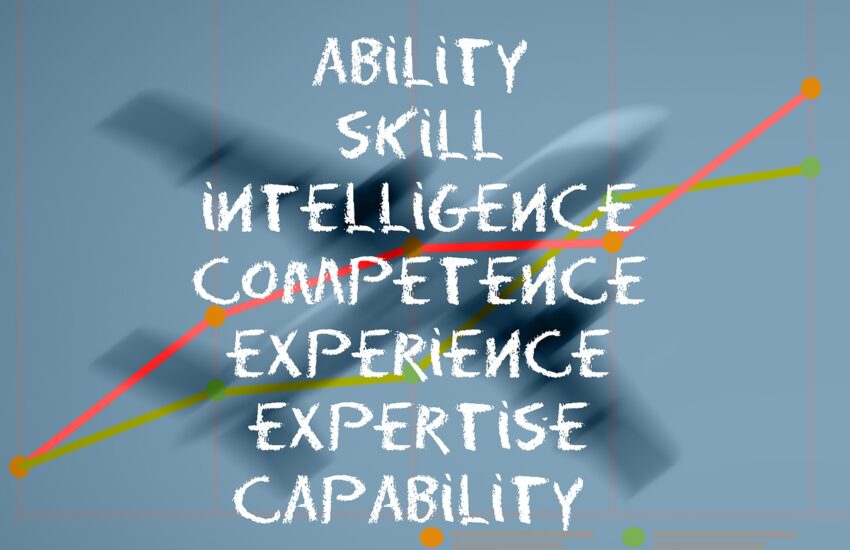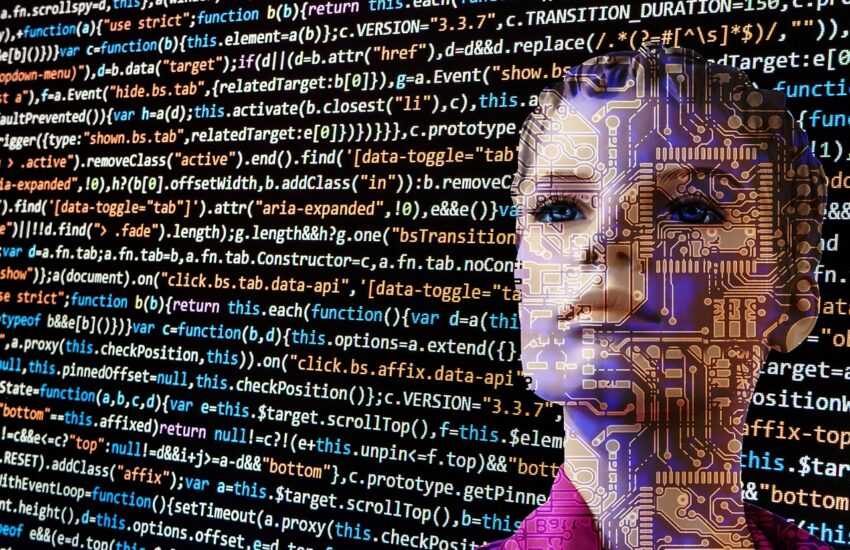As I have shown in previous posts, managerial skills have become one of the dominant approaches to representing managerial work in research since 1967. This has done little to understand what a manager actually does. Why? Well, if we learn what skills a particular manager or group of managers had in a given situation, we will only get an answer to the question of what they were able to do, but we will not know what they actually did. Of
Continue reading




